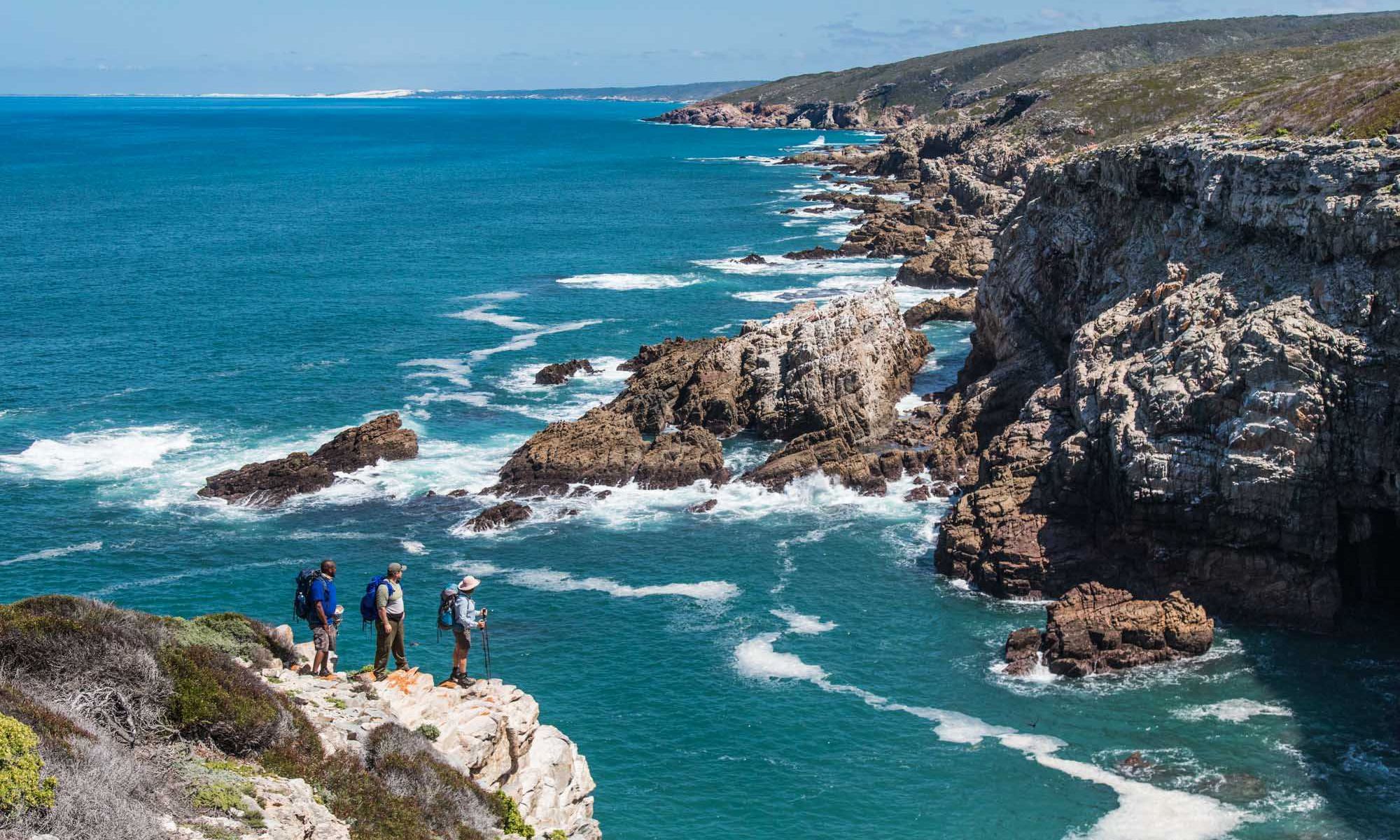
UPDATE: Cape Avian Influenza outbreak
An outbreak of Avian Influenza amongst wild seabirds in the Western Cape appears to be coming under control as the numbers of dead birds are declining rapidly.
The Minister of Local Government, Environmental Affairs and Development Planning, Anton Bredell, says the outbreak remains ongoing and all efforts to manage the situation continues, but the data is much more positive at the moment.
“Over the past few days the teams have been seeing on average 400 dead birds per day. This has come down from roughly 700 at the start of this outbreak. It’s still not great but we are grateful for any improvement.”
Bredell says managing an Avian Influenza outbreak amongst wild seabirds is very difficult and only possible thanks to the efforts of multiple stakeholders.
“The worst affected area at the moment continues to be Dyer island, a bird breeding colony in the Overberg region but the numbers are also dropping there. At the moment it is about 250 dead birds per day, down from 500. The Cape Cormorant species remains the most affected by the outbreak.”
The Disaster Management Centre urges the public to continue to be vigilant and report unusual mortalities in any birds to their local municipality, conservation authority or state veterinarian. The SPCA and NSPCA may also be contacted. Contact details for state veterinarians are available at https://www.elsenburg.com/services-and-programmes/veterinary-services-0#s=Animal-Health-and-Disease-Control
Related News
How can I assist you today?
How can I assist you today?



